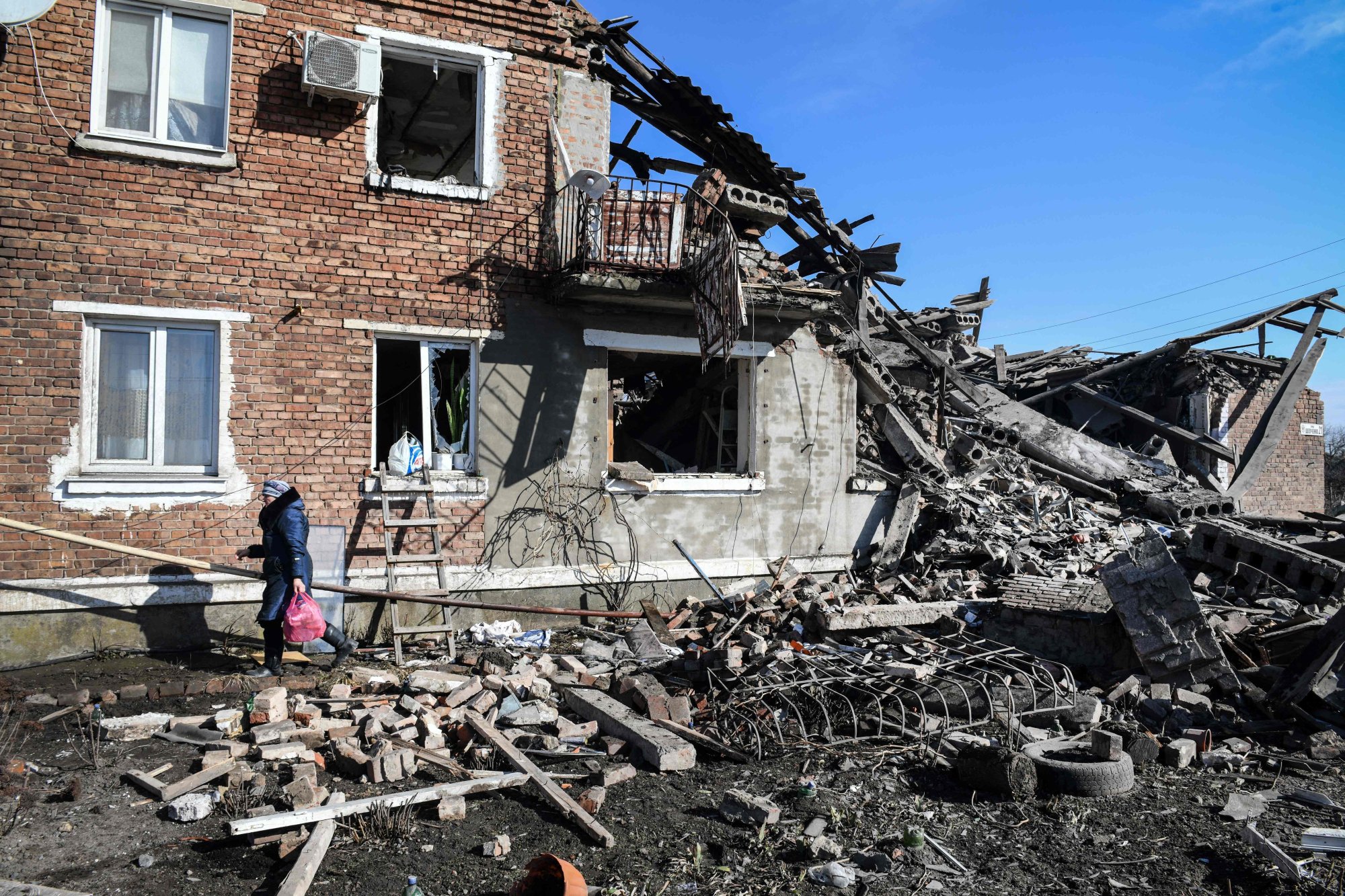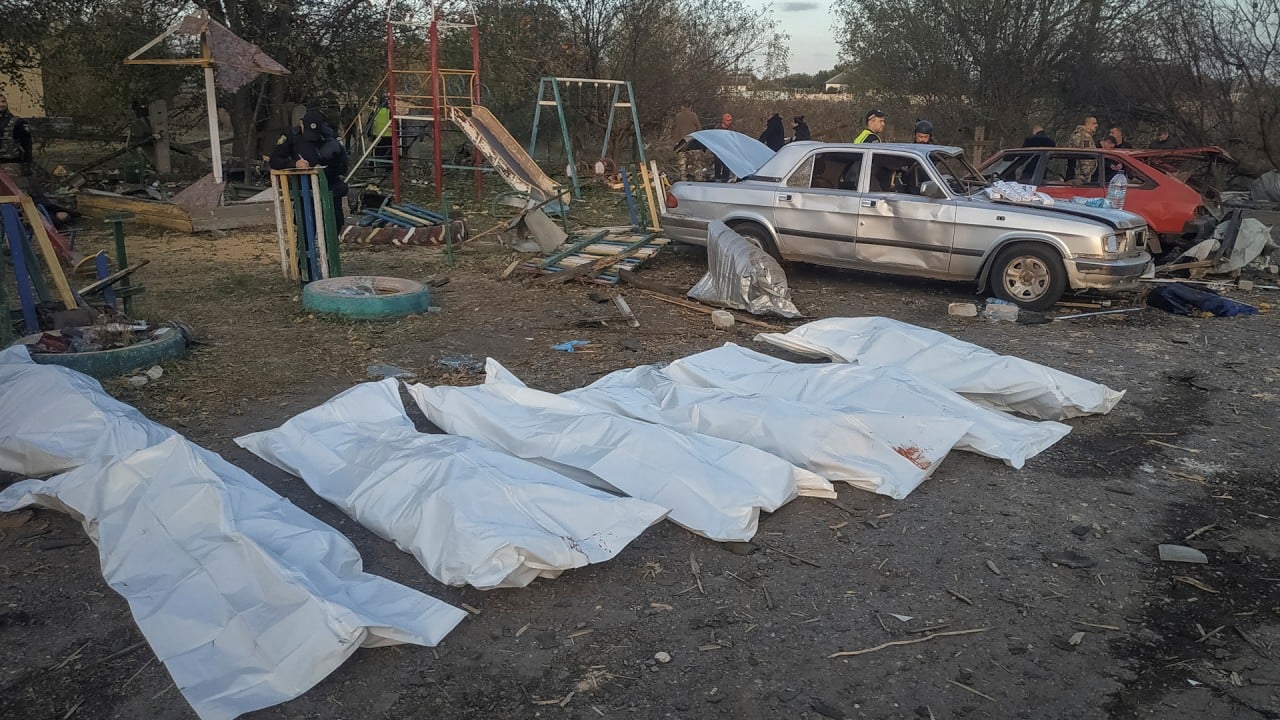
‘We don’t sell weapons to conflict zones’: China makes pledge to Ukraine in Munich
- Foreign ministers Wang Yi and Dmytro Kuleba talk peace and trade on sidelines of annual security conference in the German city
- Nato chief Jens Stoltenberg takes aim at Beijing for not commenting on death of Russian opposition leader Alexei Navalny
In talks with Dmytro Kuleba in Munich on Saturday, Chinese Foreign Minister Wang Yi said China was committed to ensuring its relationship with Ukraine “developed normally”.
“Regardless of how the international situation changes, China hopes that China-Ukraine relations will develop normally and continue to benefit the two peoples,” Wang said, according to a Chinese statement released on Sunday.
While portraying itself as neutral on the war in Ukraine, Beijing has faced increasing scrutiny from the West, particularly over its growing strategic partnership with Moscow and its reluctance to condemn Russian President Vladimir Putin.
The US has said that Beijing is considering providing arms and ammunition to Russia, a claim that Beijing has denied.
“[China] does not sell lethal weapons to conflict areas or parties to conflicts,” Wang said.
According to the Chinese statement, Kuleba said Ukraine was willing to promote bilateral ties with China and that his country would “strengthen contact” with China’s special envoy, Li Hui.
In a post on X, Kuleba said the pair discussed “bilateral relations, trade, and the need to restore a just and lasting peace in Ukraine”.
“We agreed on the need to maintain Ukraine-China contacts at all levels and continue our dialogue.”
Earlier at the Munich Security Conference, Wang called for a diplomatic solution to the war, but said there were “not ripe conditions in place for parties to go back to the negotiating table”, without saying what the terms would need to be.
“China is neither the creator nor a party involved in the Ukraine crisis, but it has neither watched idly nor taken advantage of the crisis to make gains,” Wang said, in what was seen as a swipe at the United States.
The Ukrainians have sought more dialogue with their Chinese counterparts, but President Volodymyr Zelensky and Xi have spoken just once since the Russian invasion in February 2022. China has been invited to a series of Kyiv-backed peace talks, with Li – the special envoy for the region – attending one.
Europe must strengthen its ability to defend itself, says Germany
“Well, it’s not an internal Russian issue because we all know that this is a result of the authoritarian regime in Moscow,” Stoltenberg said.
The bloc’s top diplomat, Josep Borrell, asked China to “refrain from supporting the Russian military” during a meeting in Munich on Friday.
“It seems that China is not providing arms for Russia, but the concept of arms is something relative. They cannot give them a machine gun but they can provide them with the chips that allow you to build a warplane,” a senior EU official said on condition of anonymity.

Wang arrived in Munich in Friday and had a flurry of meetings with his Western counterparts, including British Foreign Secretary David Cameron, EU High Representative Josep Borrell, French Foreign Minister Stéphane Séjourné and Canadian Foreign Minister Mélanie Joly.
After Germany, he is expected to visit Spain and France.
As the conflict nears the start of its third year, Zelensky appealed in Munich on Saturday for fresh military help against Russia.



